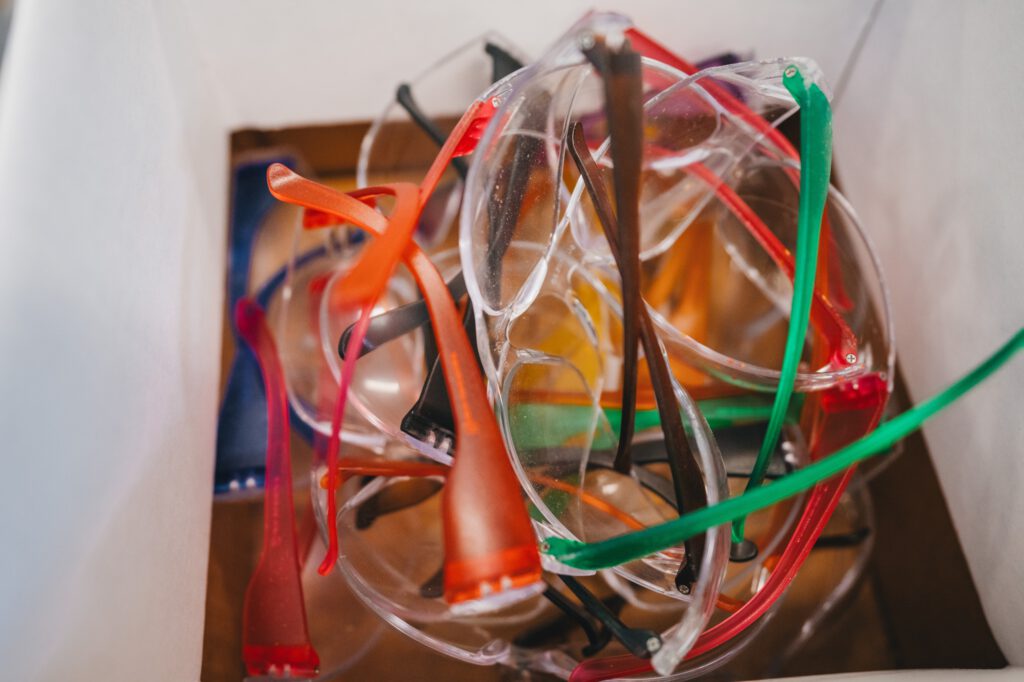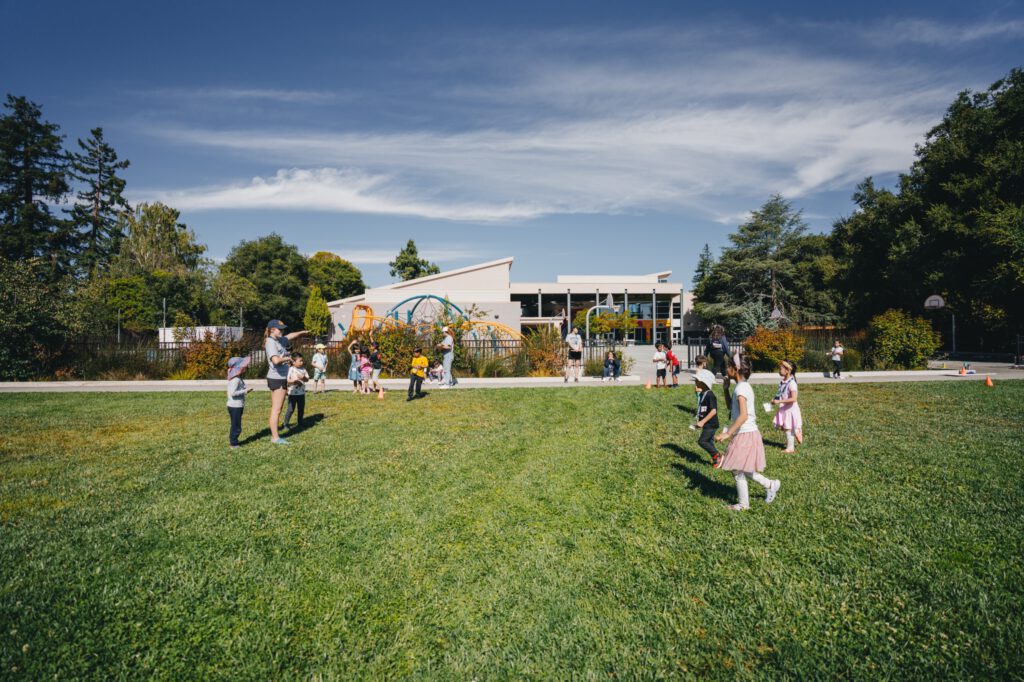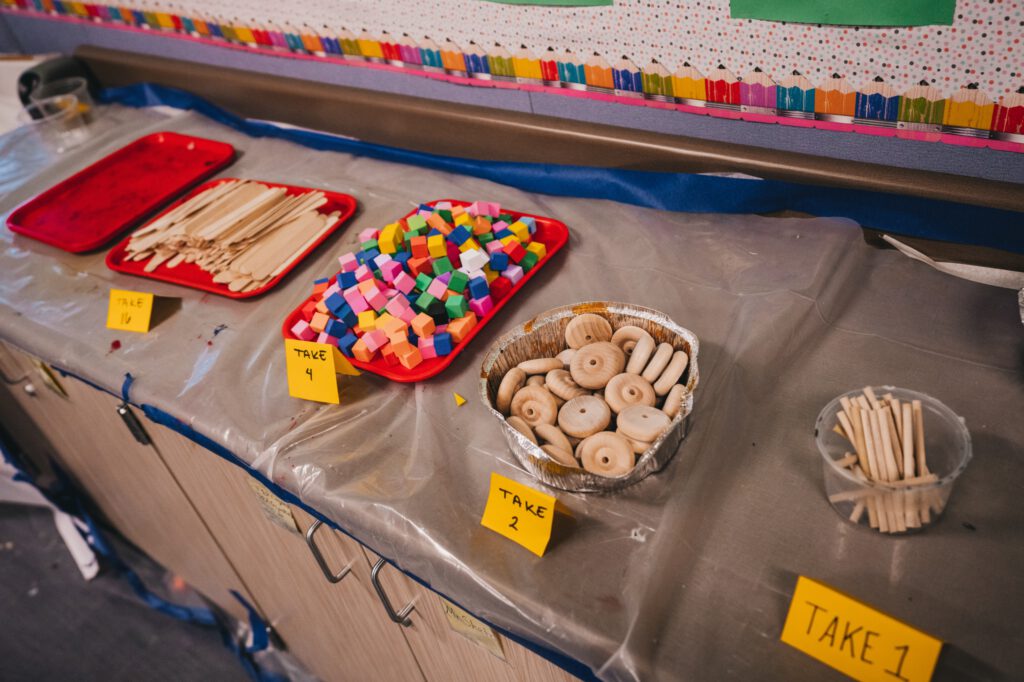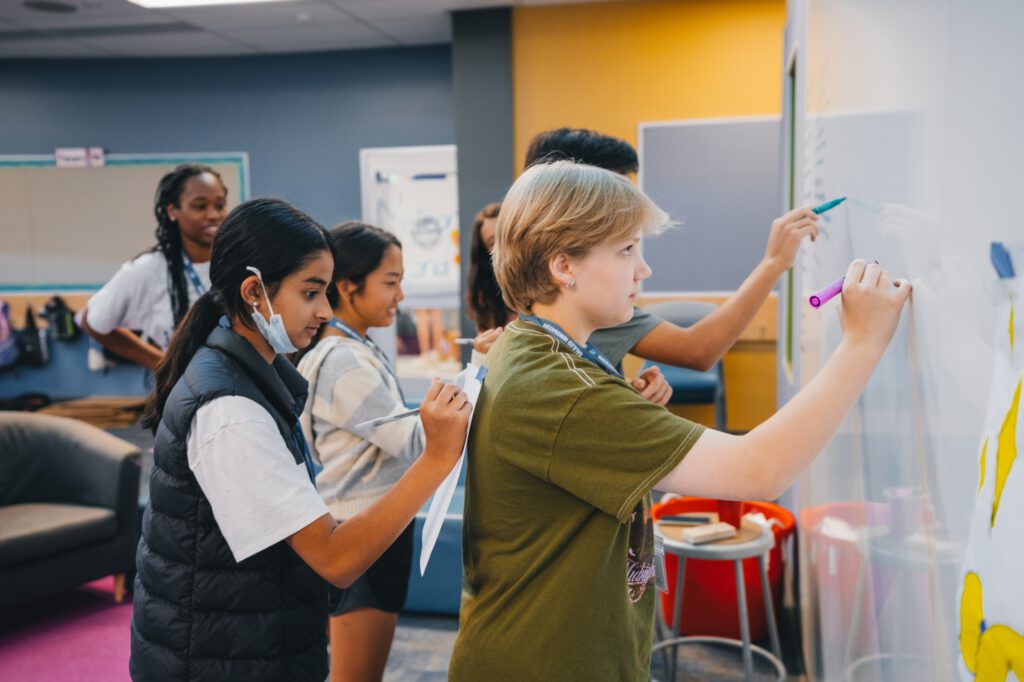STEM buzz started early in the 2000s when it became clear that we were on the verge of another Industrial Revolution. The first Industrial Revolution saw mechanization liberate humans and their animals from some forms of menial labor; the second allowed for automation and mass production. The third Industrial Revolution brought about computers—mainframe and personal—and the internet. And that connectivity has given rise to the fourth Industrial Revolution, which will enable previously unheard of connections and collaborations between digital, physical and biological systems.
STEM education was a recognition and an acknowledgment that the educational system had to change to keep up with the reality of life and things in the 21st century. STEM became a reframing of education to emphasize the knowledge and skills today’s kids will need to prepare for tomorrow’s world where technology and innovation will progress exponentially. While more widely known now than ever, this type of education can still be new to some who wonder: what does STEM stand for, and why is it important for myself and my children?
What Does STEM Stand For?
Thinking that STEM means science, technology, engineering and math is an oversimplification because the real power of STEM is actually in the co-application of all of these disciplines. And together, they are greater than the sum of the parts. Participating in authentic projects that allow kids to draw on knowledge and skills from all of these related content areas and seamlessly apply them as needed is a more authentic representation of how the world works.
While many believe that design figures prominently in engineering, others fear that an emphasis on STEM excludes the arts, and therefore, neglects the interests and talents of a sizable number of students who may see the world through a different lens. For this reason, many advocate a STEM to STEAM transition, adding and emphasizing the arts as integral to innovation in the modern world. The arts introduce additional dimensions when designing new processes and products, as well as giving kids novel ways to express them.
Beyond STEM
2018 is the year of invention education says Danny Briere, CEO of the STEMIE Coalition. It is nothing new, he explains, since project-based learning and the engineering design cycle have found their way into many schools and makerspaces. But with each passing year, we develop a better understanding of what is needed and how to ensure that kids have access. The STEMIE Coalition is a non-profit dedicated to the idea that in addition to science, technology, engineering and math, today’s kids need to learn invention and entrepreneurship (hence the I and E). While STEM gives kids practice with foundational knowledge and problem-solving, these added disciplines make a host of supplementary skills available, including problem recognition and identification, visualization/prototyping, leadership and ethical reasoning. The Coalition’s goal is to “have every child in every school become an inventor and/or entrepreneur, once better twice, in their K-12 career, and instill problem-identification, problem-solving, entrepreneurship, and creativity skills for life, through invention, innovation, and entrepreneurial activities.”
Putting The Pieces Together
There is a way for kids to reap the benefits of all of these important initiatives, and that is through an innovation summer camp. Camp Galileo has at its core the STEM focus combined with art and design thinking and an emphasis on innovation and invention. With the mission of nurturing and inspiring a new generation of fearless innovators, Galileo has taken up the mantle of providing campers from pre-K through 8th grade the opportunity to construct inventions and bring creative visions to life. To accomplish this goal, campers are immersed in engaging, project-based learning scenarios where they fill a real-world role. All the while, they are learning about the Innovator’s Mindset and discovering its characteristics in themselves. On top of all that, they are enjoying the fun, friendship and adventure of summer camp.
Something for Everyone
Here are just a few examples of how Galileo campers put all of this into action. As space explorers, pre-K and kindergarteners learn to be visionaries as they design tools for use on their extra-terrestrial adventures. First and second graders show their determination as they create multiple uses for toilet paper—tissue and roll—in the makerspace Materials Challenge. Kids entering 3rd through 5th grade learn about the muscles, tendons and ligaments of the human body as they collaborate to invent a more comfortable, user-friendly prosthetic hand.
Galileo Summer Quest majors enable middle school kids to be reflective as they fill the role of game designer, robot programmer, chef or YouTube producer. Each program asks campers to be courageous as they share their invention ideas and take a risk to try them out. Through each of these fun and educational programs, kids learn authentic knowledge and skills that will benefit them now and in the future, when they will be the world’s inventors and innovators.
Having a STEAMIE Summer
The future of our world depends on a culture of innovation. With the fourth Industrial Revolution upon us, the possibilities seem limitless. Getting kids involved in invention-based learning helps them to see their role in that future, to value and trust their ideas and to courageously share them with the world. Science, technology, engineering and math figure prominently in innovative advancement, but so do art and design thinking. When kids see themselves as inventors, innovators and entrepreneurs, they are empowered to go out and make a difference. A STEAMIE summer of fun adventures will give them the knowledge, skills and confidence to make their mark a significant one.
Check out all the STEAMIE summer adventures in your area: San Francisco, Southern California, and Chicagoland. Sign up for our mailing list to keep up-to-date on our camp happenings and innovation resources. Or, you can register for camp today and take advantage of our special 2019 camp pre-sale prices through August 31, 2018.



